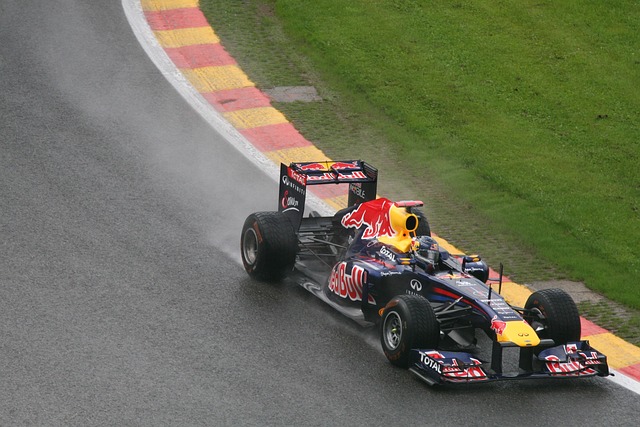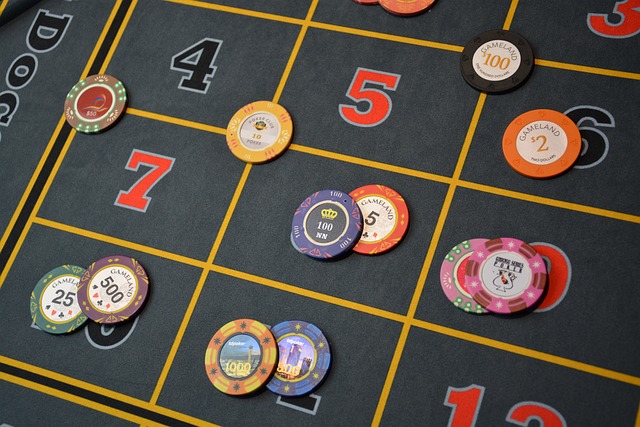Predicting the future has always been a captivating endeavor, from ancient soothsayers to modern data-driven analysts. However, in today’s tech-savvy world, predictive markets have emerged as a unique and powerful tool for forecasting. These markets play a significant role in shaping our perceptions of what lies ahead. Just like when you pick on a few things when you’re gambling on IviBet, betting on the future entails paying attention to the signs.
A Market for Predictions
Predictive markets, often dubbed as “prediction markets,” are platforms where individuals can buy and sell contracts based on the outcomes of future events. These contracts, often referred to as “shares,” essentially represent the likelihood of an event happening. By investing in these shares, participants express their confidence in the outcome. The prices of these shares fluctuate in real-time, reflecting the collective sentiment of the market.
This concept is not new. In fact, predictive markets have been around for centuries in various forms. They have been used to predict election outcomes, the success of new products, and even the weather. What sets modern predictive markets apart is their integration of technology, enabling a global pool of participants and providing real-time data.
The Wisdom of Crowds
At the heart of predictive markets is the “wisdom of crowds” phenomenon. This theory suggests that large groups of people, when making collective predictions, tend to be remarkably accurate. It’s the idea that the collective knowledge of diverse individuals can outperform individual experts or traditional forecasting methods.
This is where predictive markets shine. Participants come from different backgrounds, with varying expertise and information. When they buy or sell shares, they contribute their insights to the market. The prices of these shares are the market’s way of aggregating all this dispersed information into a single prediction. It’s a fascinating example of how decentralized decision-making can yield impressive results.
The Impact on Predictions
Predictive markets have a significant impact on various aspects of our lives, from politics and economics to technology and entertainment.
Political Predictions
During election seasons, predictive markets have gained immense popularity. They offer a real-time gauge of public sentiment and can often outperform traditional polling methods. This was evident in the 2016 U.S. presidential election when predictive markets gave Trump a higher chance of winning than most pollsters.
Economic Forecasts
In the world of finance and investment, predictive markets play a vital role. Traders use them to speculate on future market movements, and businesses utilize them for risk management. The accuracy of these markets in predicting economic trends can’t be underestimated.
Technological Innovation

In the tech industry, predictive markets have been instrumental in assessing the potential success of new products or technologies. Companies like Google have used internal predictive markets to make informed decisions about their projects.
Entertainment and Sports
Predictive markets also make their mark in the realm of entertainment and sports. Betting on the outcome of popular events like the Oscars or the Super Bowl is common. These markets add an extra layer of excitement to the spectator experience.
The Human Element
Despite their high-tech appeal, predictive markets ultimately hinge on human interaction. Participants bring their individual perspectives, experiences, and knowledge to the table. This human element is crucial in ensuring the markets’ reliability.
Moreover, predictive markets encourage engagement and curiosity. People become more invested in the outcomes of events they’ve bet on, leading to a more informed and engaged citizenry.
Ethical Considerations

While predictive markets offer an intriguing way to predict the future, they also raise ethical concerns. Some argue that they can be manipulated, potentially leading to self-fulfilling prophecies. For instance, if a market predicts a disastrous outcome, it could influence people and organizations to act in ways that ensure that outcome.
On top of that, there are concerns about the moral implications of betting on negative events, such as natural disasters or political unrest. Critics question the ethics of profiting from misfortune.
Key Takeaways
Predictive markets are a fascinating blend of technology, human psychology, and data analysis. They offer a unique and powerful way to make predictions about the future, leveraging the wisdom of crowds to generate remarkably accurate forecasts. As they continue to gain popularity and credibility, they will undoubtedly play an even more significant role in shaping our understanding of what lies ahead.
In a world constantly seeking ways to see into the future, predictive markets offer a glimpse into a world where collective intelligence holds the key to more accurate predictions. While they come with their own set of ethical dilemmas, there’s no denying that they have the potential to revolutionize how we approach forecasting, decision-making, and understanding the world around us.




